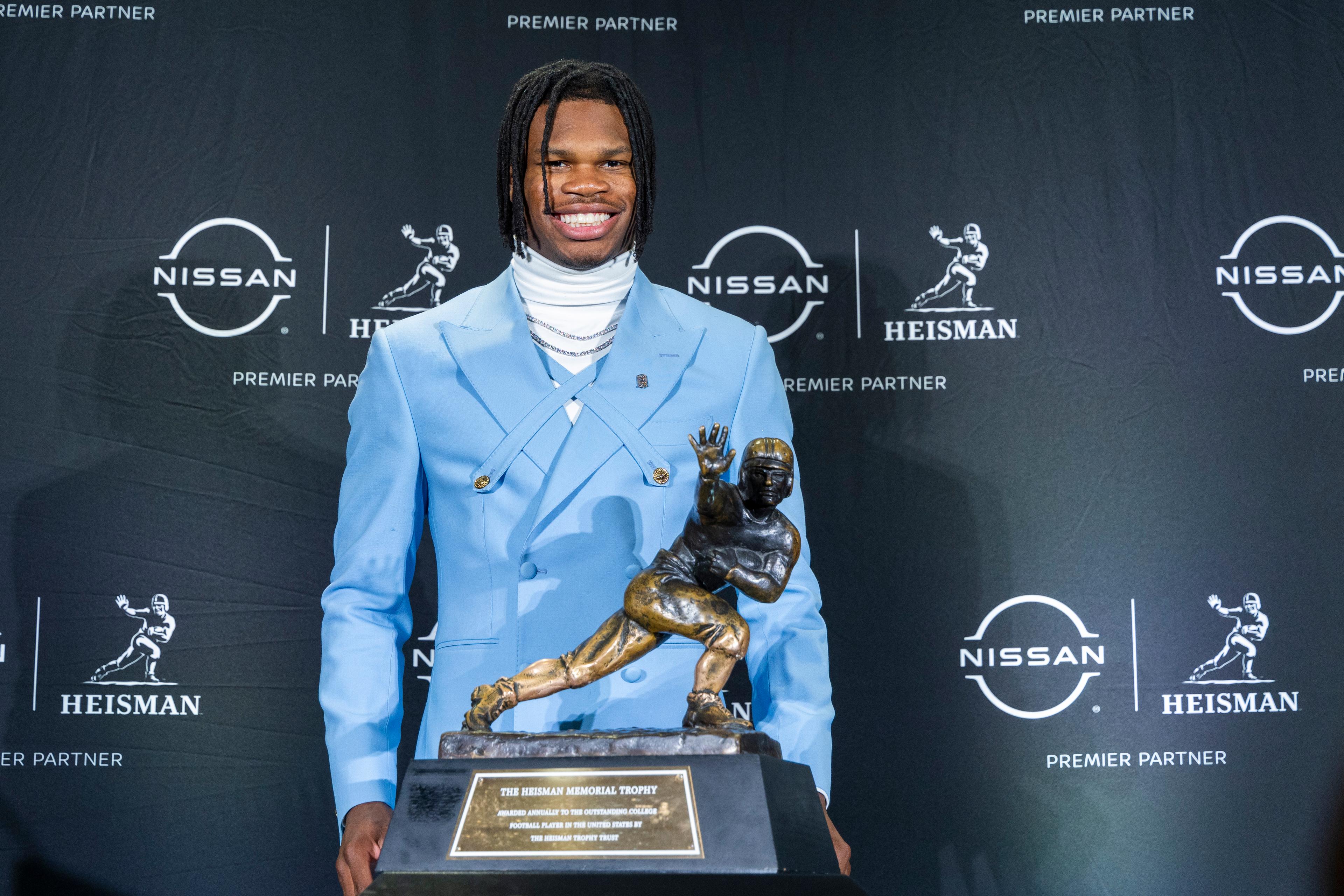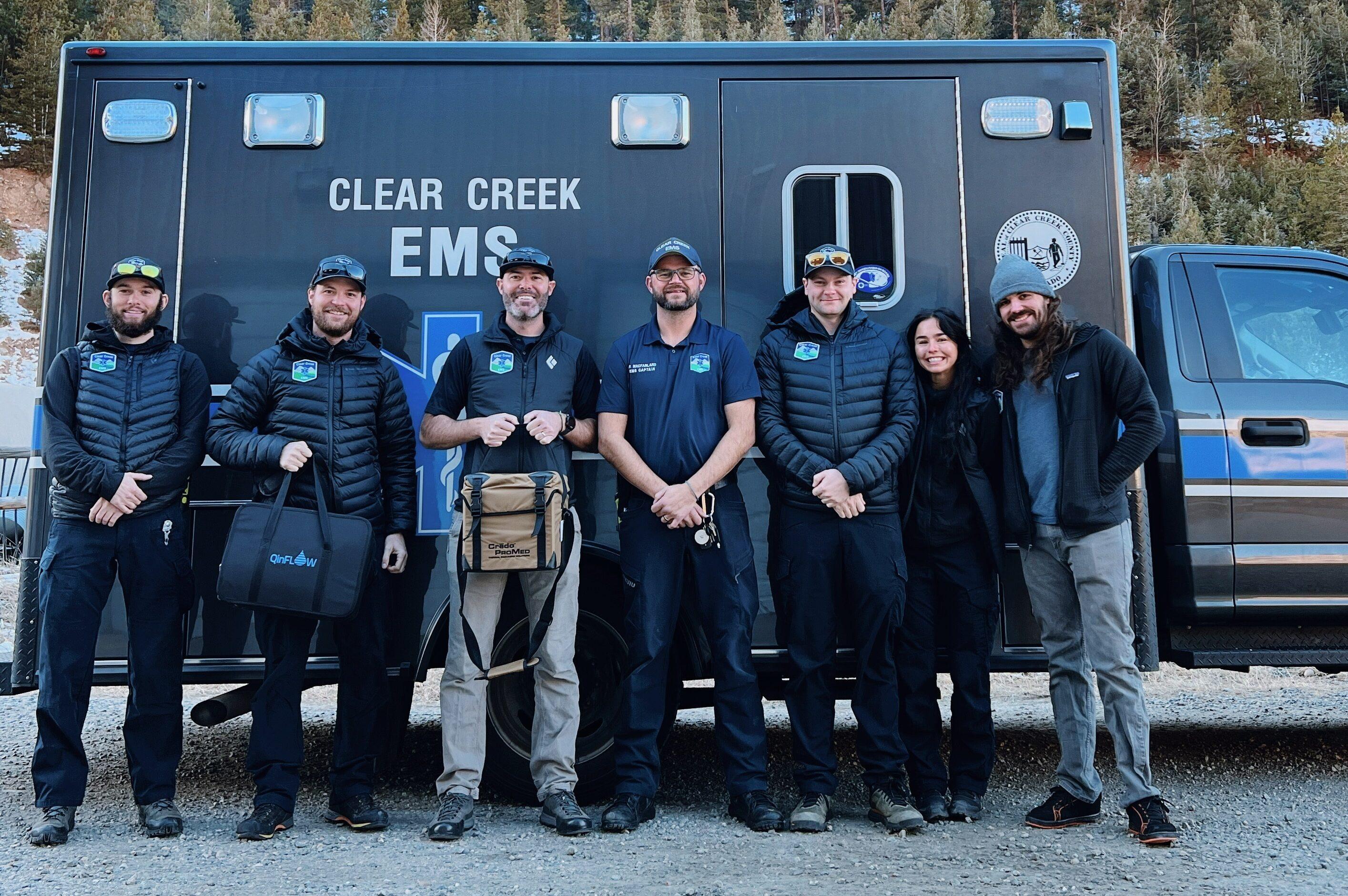There are certain authors I read no matter what they write. Ian McEwan is one of them. Over the course of more than 40 years and some dozen and a half books — including Amsterdam, Atonement, and The Children Act — his generally realist, propulsive work reveals an abiding preoccupation with both the repercussions of deceit and how life can change in an instant.
His most recent novel, Nutshell (2016), a clever twist on Hamlet narrated by a near-full-term baby still in utero, pushed the borders of possibility. Now, with his latest, Machines Like Me, he ventures into science fiction and alternate history territory to explore the moral ramifications of AI and the creation of machines that can outsmart humans. His story involves a man "cuckolded by an artefact," which leads to a newfangled ménage-à-trois.
McEwan is not the first to broach these issues, and his dismissal of "conventional science fiction" in a recent Guardian interview — coupled with a failure to acknowledge his many sci-fi forerunners — has raised hackles among some sci-fi aficionados.
But what McEwan brings to the table is crossover appeal to readers who don't usually gravitate toward sci-fi. Machines Like Me, like his other novels, is a thought-provoking, well-oiled literary machine. It is set in an alternate 1982 London which has already surpassed us technologically. Its streets are crowded with self-driving electric cars, and the first batch of pricy, eerily life-like artificial humans — 12 Adams and 13 Eves — have just been sold to private buyers. McEwan's narrator, a 32-year-old electronics and robotics buff named Charlie Friend, decides to sink his recent inheritance into one of the Adams. (He misses out on the Eves, seven of which land in Riyadh — one of many wry editorial comments embedded in the book.)
Charlie is, he confesses, a "culturally undernourished" wash-out who, after running afoul of the law for tax fraud, has decided that full-time employment is not for him. After various losing "schemes," he currently plays the stock and currency markets (on his ancient 1960s computer!) from the "genteel ruin" of his two-room, ground floor flat in south London.
Charlie's impulsive purchase is a 170-pound walking, talking, peeing, and yes, fornicating, "intellectual sparring partner." Adam is a technological breakthrough with access to all the wisdom of the internet and a fixed notion of right and wrong. He's creepy, but fascinating. One of the many ironies of this novel is that its human characters, Charlie and his inamorata — Miranda, a 22-year-old doctoral student who lives above him — are interesting mainly in the context of their fraught, shifting relationships with Adam.
Why 1982? Yes, it coincides with the Falklands War, an alternate account of which factors into the novel. But perhaps more significantly — although unacknowledged by McEwan — 1982 also happens to be the year Blade Runner was released. Based on Philip K. Dick's 1968 novel Do Androids Dream of Electric Sheep?, Ridley Scott's cult classic explores the alarming effects of technology and "replicant" humans on society.
McEwan has fun with counterfactuals, many of which involve wishful historical rewrites: John F. Kennedy survives "near-death in Dallas"; Jimmy Carter wins a second term instead of losing to Ronald Reagan; John Lennon isn't assassinated, and the Beatles regroup; Margaret Thatcher is vilified after losing the Falklands War.
Most notably, in McEwan's alternate world, Alan Turing didn't die in 1954 or opt for chemical castration in lieu of prison after his conviction for homosexuality. Instead, he is alive and knighted, a driving force behind AI and computational biology. He plays a pivotal role in making Charlie realize that Adam is far more than just an "ambulant laptop," arguing that he has a good mind and a conscious existence, although he's admittedly "ill-equipped to understand human decision-making."
McEwan certainly has a flair for unusual points of view. Adam, like the baby-in-waiting who narrates Nutshell, is an extraordinarily smart, well-informed, and unorthodox character who catches his supposed caretakers off-guard with his perspicacity. Charlie drops clues that he is telling this tale decades after the fact: He relays the "well-known" (counter-factual to us) history of the Falklands war "for the benefit of younger readers who won't be aware of its emotional impact," and notes a resemblance between Turing in 1982 and the painter Lucian Freud in his later years. (Freud died in 2011 at age 88.) This time-lapse explains the lack of youthfulness of Charlie's narrative voice, but only hints about how his personal future and that of technology will unfold.
Machines Like Me involves a couple of dubious subplots, one concerning Miranda's highly questionable judgement call involving vengeance for a violently wronged friend, and another her fierce attachment to a troubled foster child — which seems meant to show that she's a fundamentally good person. But we're distrustful of Miranda from early on, after Adam warns Charlie that she's possibly a "systematic, malicious liar." Interestingly, even after we learn that Adam has been inflexibly programmed to insist that "truth is everything" and a lie is a lie regardless of extenuating circumstances, it's hard to override our earlier prejudices.
"There are some decisions, even moral ones, that are formed in regions below conscious thought," McEwan writes at one intense turning point. Machines Like Me explores some of those decisions. It also manages to flesh out — literally and grippingly — questions about what constitutes a person, and the troubling future of humans if the smart machines we create can overtake us.
9(MDEyMDcxNjYwMDEzNzc2MTQzNDNiY2I3ZA004))








